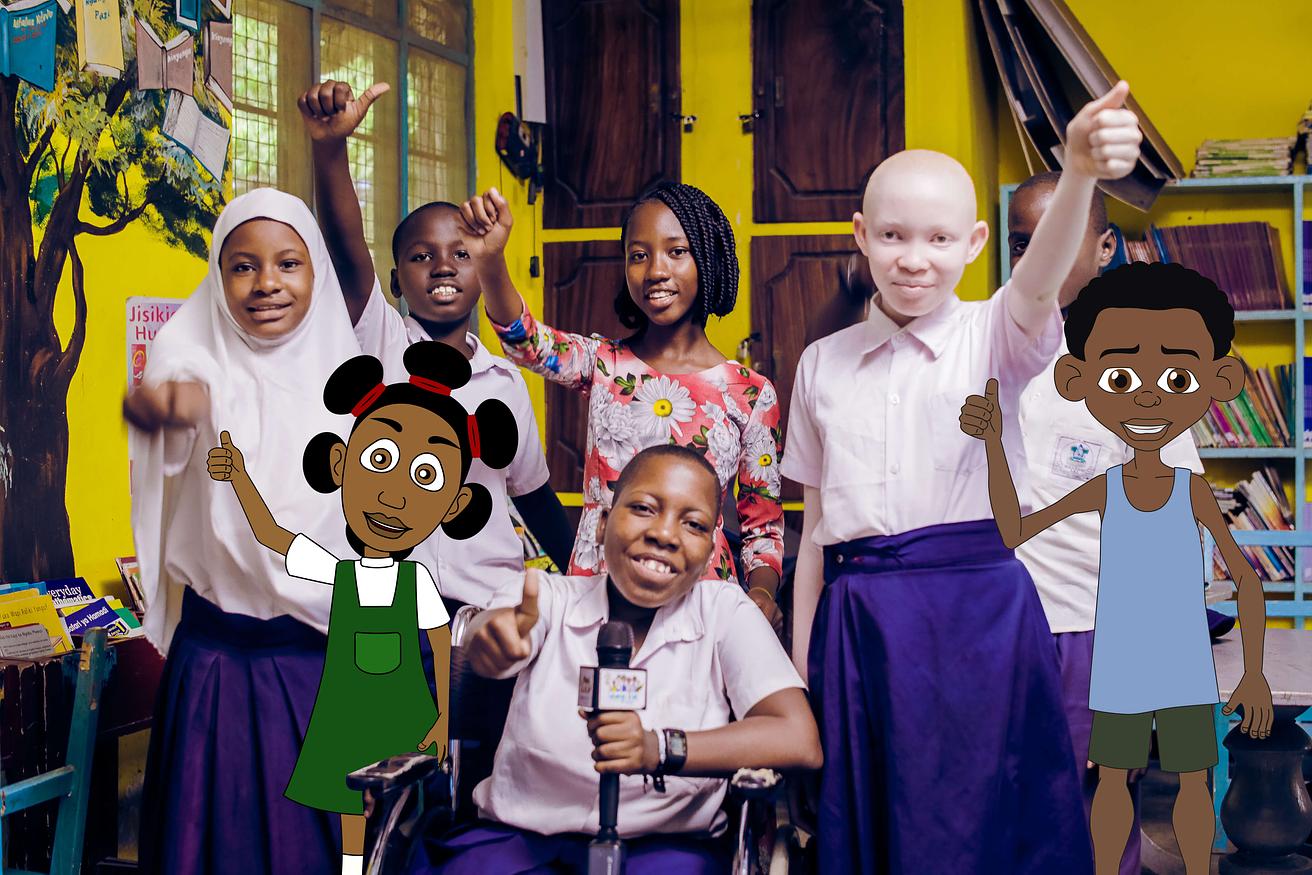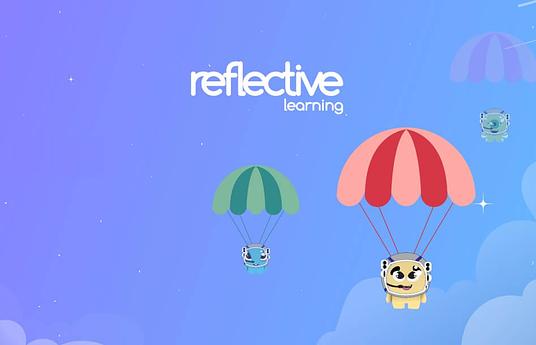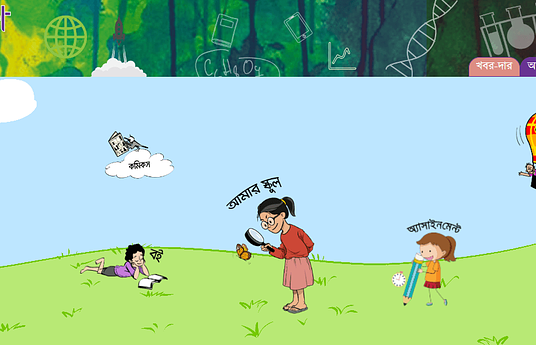Tailoring instruction to each child’s level is an effective technique to help students with learning gaps catch up. Reflective Learning is able to provide tailored instruction by using a web-based app that diagnoses learning gaps on key foundational concepts and provides students with individualised lessons to target their gaps. Students cycle through these lessons until they have reached mastery.
In areas where education is hard to access, the power of media can be used to reach a large number of children. Ubongo uses edutainment via TV, radio and mobile phones to teach early literacy, numeracy, STEM, life skills, and social-emotional skills through catchy songs and animated characters. This approach has allowed them to impact large audiences - with over 42 million families in Africa learning through Ubongo each month.
Konnect is an online platform with content materials (such as books, skills, test, comics, movies, and news) that aims to enable adolescents in Bangladesh to interact socially with their peers, obtain academic help, and acquire life skills.
Students’ mindset shifts lead to improved school performance
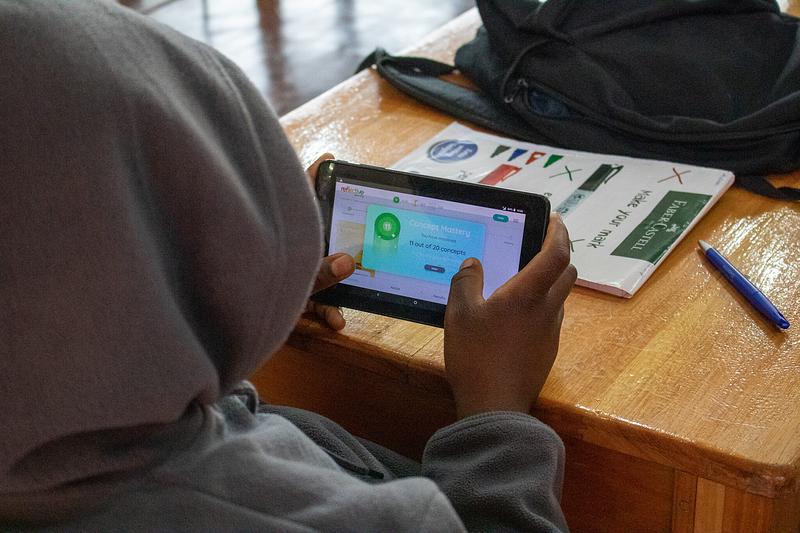
Reflective Learning has seen the results of their personalised learning pathways and gamified approach. On average, regardless of where they started in their understanding, students using Reflecting Learning are able to catch up all of their missed knowledge in the space of a year (often as much as 6 or 7 years worth of backlog, by engaging for just 1 to 2 hours a week).
"As students begin engaging with the approach and start to close some of their learning gaps, their confidence and willingness to learn shifts. Their fixed mindset begins to open a little, and their belief in their own ability to learn begins to grow," Alix du Toit, Chief Strategy Officer of Reflective Learning
They also see that students’ confidence and mindsets shift, “After almost a year of engagement, we see a trend of students who now think very differently about learning as a whole. They have a growing belief in themselves: their opportunities in life and their ability to learn anything they set their minds to. It has been incredible to watch students who had no ambitions, to students thinking carefully about their tertiary studies,” explains Alix du Toit, Chief Strategy Officer of Reflective Learning.
Reflective Learning’s approach uses gamification to provide students with a goal and give them recognition for their effort and diligence. They issue gems to reward students’ effort and improvement which can be traded in a ‘shop’ to personalise their avatar. They have found that it is important to give students’ recognition immediately to positively reinforce good learning behaviour and commitment to learning.
Ubongo makes learning fun
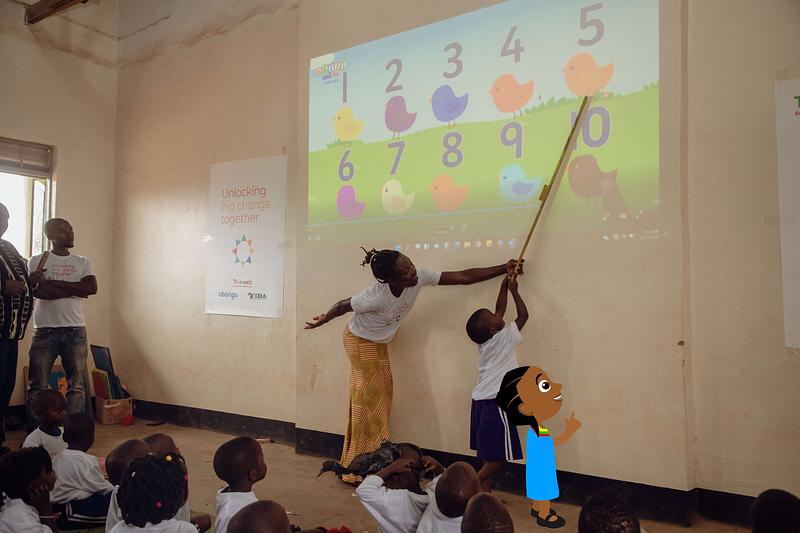
Ubongo has the largest “classroom” in Africa, reaching over 42 million kids through their fun TV, radio and mobile edutainment programmes. Studies have shown that watching their programmes results in a 13% improvement in early cognitive skills including literacy and numeracy. Their content has also been successful in challenging gender norms and empowering girls through financial literacy education.
“My 4-year-old daughter used to struggle with writing, English speaking and she was below average in school. Just last week her teacher asked if I have put her on part-time lessons somewhere.” – Mother of 2, Malawi
The content is currently broadcasted on free TV or radio channels in over 40 countries in Africa. Programmes are available in Kiswahili, English, French, Hausa, Kinyarwanda, Juba Arabic, isiZulu and seSotho and they are working on many other African language adaptations.
Konnect captures the attention of adolescents through gameplay
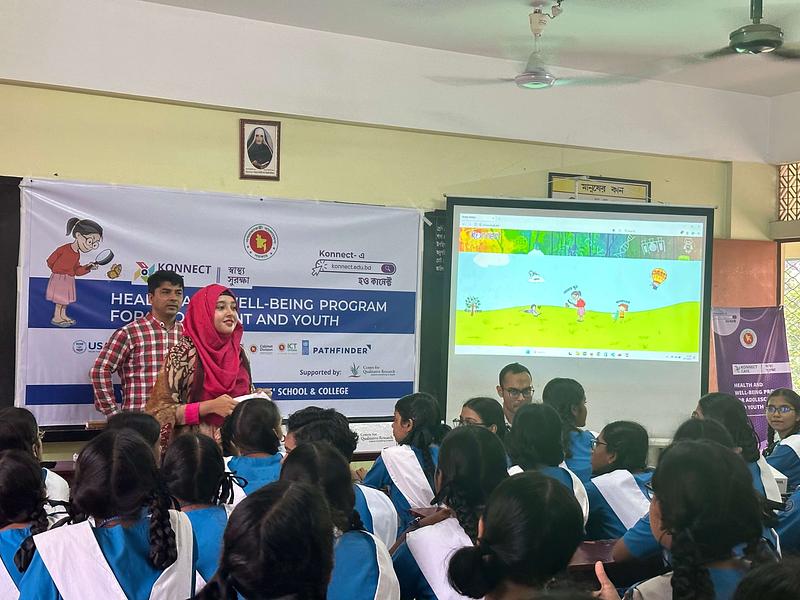
Konnect, an innovation created by a2i, aims to help adolescents in Bangladesh to gain skills for the workforce through their platform which enables them to interact socially with their peers, obtain academic help, and acquire life skills.
“The peer influence is strong, with trends and popular content quickly spreading through their networks”
This engaging way of presenting content materials makes it more appealing to adolescents. “Social features, like the ability to comment, share, and participate in competitions (such as book report, writing, art, and coding) and polls, also play a significant role in how they interact with the platform. The peer influence is strong, with trends and popular content quickly spreading through their networks,” explains Zunaira Khan from a2i.
Recently, a2i co-hosted a ‘Hour of Code’ campaign with Code.org and the Ministry of Education. This campaign brought together over 100,000 secondary students to participate in various numeracy-related games. This has shown that adolescents can gain a better understanding and retention of mathematical concepts when learning through gameplay.
If you are working on something innovative in education, we want to hear about it. Share your innovation with us for the opportunity to be featured in our next Global Collection.
Header Photo from Ubongo
